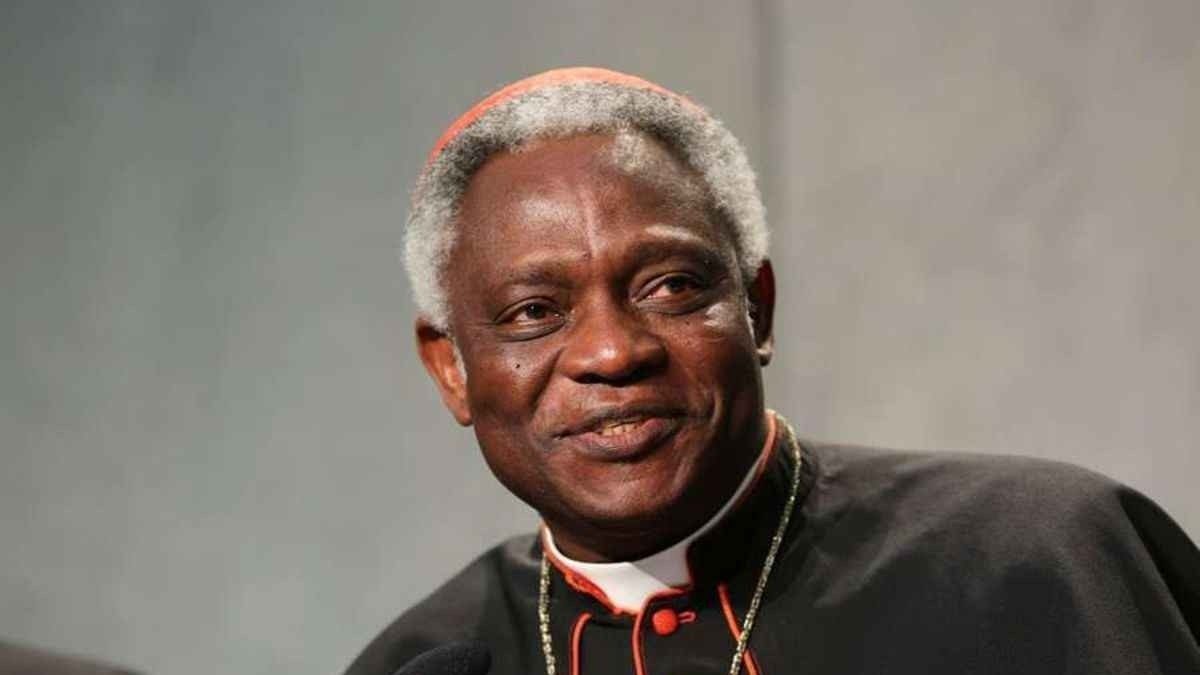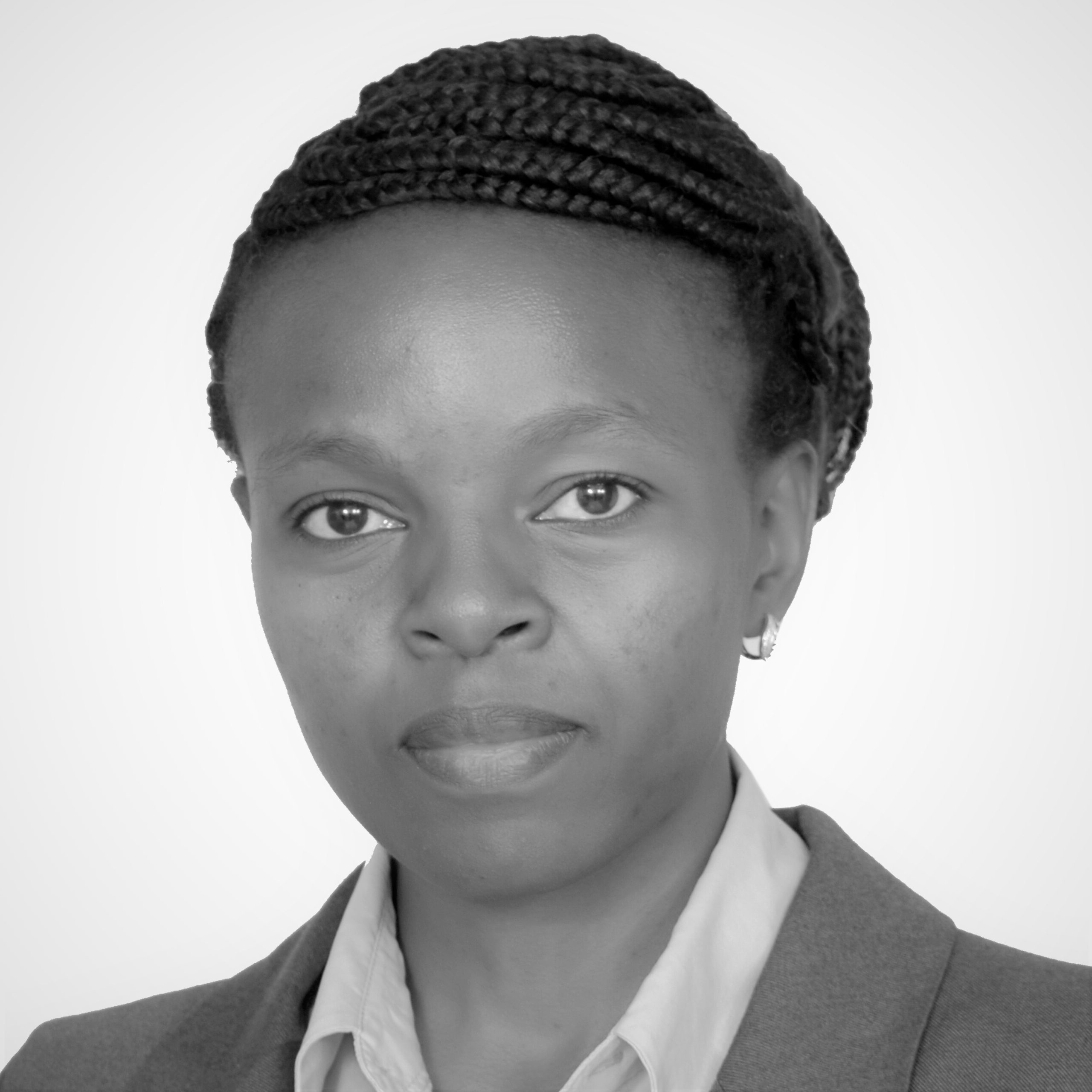
The Missio Invest Social Impact Fund (MISIF) leverages the resources of the global Catholic Church to create a scalable model for driving measurable impact in community and environmental well-being.
View this document for:
(more…)

Profile of Missio Invest’s investment in this well-established, diversified farm connected to the first seminary south of the Sahara in modern times.

First published in “La Croix International” on March 8, 2021.
Pope Francis has offered us clear guidance on the choices facing us all during these unprecedented times.
We can emerge from the present crisis of this pandemic better or worse than we were before. We can choose to preserve the status quo, to build walls, to further entrench ourselves in our habits of greed and selfishness.
But, as Pope Benedict XVI taught us in Caritas in veritate, a crisis “obliges us to re-plan our journey, to set ourselves new rules and to discover new forms of commitment, to build on positive experiences and to reject negative ones.”
In this way, it becomes “an opportunity for discernment, in which to shape a new vision for the future.”
By God’s grace, we can discern and choose to assist in the creation of a better world, one that is invigorated by faith and renewed in our collective commitments to one another.
As we look toward life after the pandemic, we must consider how all the sicknesses that plague us — social, spiritual, physical — can only be healed by the love of Christ through faith.
Renewed structures
The Scriptures show the burning desire of Jesus to bind up the wounded, and to heal the broken and sick.
Healing is in service of something even greater than physical or mental health. Often it points to a total renewal of the person and the community.
In doing so Jesus teaches us two things; first, that in a fundamental way we are all in need of healing. And second, in acknowledging our “lostness” and need for God, grace can restore each one of us to our proper place of dignity.
Jesus not only heals physical ailments. He heals, yes, but he also creates renewed communities, where no one is excluded. He seeks out the poor and the suffering, those left behind by society, and makes possible new ways of living.
The example of the disciples in the Acts of the Apostles demonstrates just how transformativeGod’s grace can be when we follow him to the peripheries, where everything is shared, and noone suffers alone.
Following his example, we too must go out and bring healing to the world; not only from thepandemic that affects us physically, but also from the grave injustices that have oftenworsened and deepened during the pandemic, even despite our efforts.
Faith gives us the awareness of our connection with one another, particularly the poor and the marginalized. Faith stirs us to overcome all that diminishes in any way the dignity endowed in all God’s creation.
It is not enough to be for the poor in theory. No, this does not respect the dignity of the other!
Today, there exist many social structures that perpetuate injustice in our communities.Empowered by the limitless mercy of God, we must actively work to overcome these and the habits of personal and structural indifference that continue to exclude so many.
Evangelizing all sectors
We must be converted from our individualism, letting the poor evangelize us. Their experience of suffering shows us the way to the wounds of Jesus and the depths of his love.
One of the many painful lessons of this pandemic is how clearly we can see the tragic limits of our current broken economy, and a form of global capitalism in urgent need of healing. We must not tolerate an economic model that allows this.
Further, economic and technological inequality has created a rift in society and denied our world the harmony that is necessary for peace in our communities. To work for peace is to work toward a more inclusive capitalism, one which is ordered to integral human development and in which economic growth prioritizes those most in need.
The faithful should not only teach this message of a more fully evangelized global economy, inspired by the principles of love and mercy which are illustrated in the Church’s Social Teaching.
Rather, all Church entities, parishes, dioceses, seminaries, universities, schools, social serviceinstitutions of the faithful should find ways to practice financial stewardship in a way thatliberates and not enslaves.
For it is important that our stewardship of created goods, including all forms of financial activity, especially asset management, are directed to reflect God’s own gift to the human family, by serving the common good, respecting fairness and ethical standards.
When this happens, when people’s stewardship of created goods is aligned with God’s purposes for God’s creation, the outcome is real good, real gain and real impact.
One new model: Missio Invest
Missio Invest is an example of this stewardship of created goods, which promotes new forms of economic cooperation by reminding us that the economy should serve all of creation, and not just in the long-term, but here and now.
An impact investment fund launched by the Pontifical Mission Societies in the United States, Missio Invest reorients the existing tools of investment and global finance in a way that prioritizes sustainability, employment and care for our common home.
In the context of an economic paradigm which continues to deny others their dignity, Missio Invest has shown the way toward an inclusive capitalism, one that restores those on the margins, and heals the wounds of exclusion and injustice that impact us all. It offers a corrective to the exaggerated belief in financial markets on the sacredness of financial return on investments.
Without measuring investment performance against the horizon of total social impact, we risk falling short of the total returns available to investors, and the people and places over which they have influence.
As Pope Francis reminds us in Laudato si’, it would be a mistake to act as if “helping the poor financially must always be a provisional solution in the face of pressing needs”.
Life that is pushed to the margins will always be a pressing need!
Aid to the needy remains a prerequisite of faithful discipleship. But so often even aid itself is used as a means to deny others their agency, to dominate and possess the poor which only further poisons our society.
Lest the cycle of economic injustice and aid are repeated, reform of the global financial system is a pressing need during this time of pandemic. And the Church’s institutional structure must not consider itself immune from the sickness of economic injustice nor exempt from the work of financial reform.
Missio Invest makes an important contribution to this reform by practicing a form of capitalism that is founded on the dignity of the human person-in-creation, where solidarity is the guiding principle, and the benefits are returned to the many and not just the few.
Let us be competitive for the higher gifts, as St. Paul inspires us.
The Holy See has sought to light the way, raising awareness around impact investing and gathering leaders in business and finance.
As Pope Francis said to one such group, we need to bring about a world where “profit and solidarity are united in the virtuous existing circle between profit and gift”.
Peter Turkson, 72, is a biblical scholar and prefect of the Dicastery for Integral HumanDevelopment. He earlier served from 1993-2009 as Archbishop of Cape Coast in his nativeGhana. He was created cardinal by John Paul II in 2003.

Climate change has both positive and negative effects on agriculture in the sense that it can increase crop yields in some places while decimating others, but the negative impacts have outweighed positive impacts to date. Already, the CGIAR Research Group on Climate Change, Agriculture and Food Security estimates that climate change has reduced global yields of wheat by 5.5% and of maize by 3.8%. By 2090, CCAFS projects that climate change will result in an 8% to 24% loss of total global caloric production from maize, soy, wheat, rice. Where these declines in productivity occur will vary. For example, sub-Saharan Africa will be hit particularly hard; it is estimated that across Africa maize yields will drop by 5% and wheat yields by 17% before 2050.
Modern commercial agriculture systems are not without fault, however, as agriculture is a major contributor to climate change, currently generating 19% to 20% of total greenhouse gas (GHG) emissions, according to CCAFS. With a view toward integrating agricultural development, climate-responsiveness, and overall care for our common home, Catholic Church-run farms in Africa are deploying the Climate-Smart Agriculture (CSA) principles defined by the Food and Agriculture Organization of the United Nations. CSA provides an integrated approach to managing natural landscapes aimed at sustainably maintaining and increasing food productivity, adapting agriculture to climate change, and reducing emissions. Missio Invest promotes the sustainable use of land resources and invests in Church-owned and run farms that apply climate-smart farming practices and act as demonstration sites to spread such technologies.
St. Matthias Mulumba Senior Seminary, a national theologate in western Kenya with 30 acres of arable land, obtained a $38,000 loan from Missio Invest in 2015 to improve its farming operations. Currently, the seminary is practicing integrated farming with 15 acres of maize, eight acres of tea, and seven acres of trees and grassland, as well as a dairy and piggery unit. The farm recycles animal waste to improve soil fertility, with the pasture and grassland producing key feedstuff to the livestock. Maize productivity has doubled from 10 bags to 20 bags per acre thanks to improved fertilization and nutrient cycling.
The livestock waste is also put to work to generate biogas, which is used as a substitute for firewood in cooking at the seminary. Biogas takes a problematic methane gas present in decomposing waste and converts it into carbon dioxide, a much safer gas. Methane gas has approximately 20 to 30 times the heat-trapping capabilities of carbon dioxide. The nutrient-rich bio sludge from the biogas digestor is used to fertilize and irrigate Napier grass, a perennial tropical grass with low water and nutrient requirements. The Napier grass feeds the dairy cows and is used to control soil erosion. It is also valuable in pest management, as it draws insects like stemborer moths from maize, thereby reducing the need for insecticides. The milk production at St. Matthias Mulumba has increased from 40 liters to 100 liters in a day. The seminary has also installed a solar water heating system and planted seven acres of trees.
Another example is is a garden pea farm operated by the Little Sisters of Saint Francis, also in Kenya. The sisters obtained a $100,000 loan from Missio Invest in 2018 and installed a five-acre solar-powered drip irrigation system. The system has helped the farm more efficiently utilize and conserve water. Because it limits the growth of weeds, it has made it possible to reduce the use of herbicides, which can be toxic to organisms living in the soil and carry pollutants to nearby rivers. The Sisters have planted 2,700 trees on their way to creating a biodynamic farm.
Church-operated farms such as these aim to take good care of the earth and its creatures while bringing resilient agricultural practices to the communities they serve.